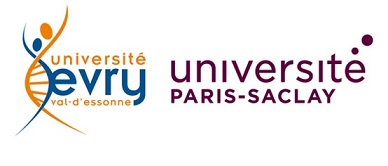
Keynote speakers of EUMAS 2017 are:
Title: Multiagent Resource Allocation: the Power and Limitations of Bilateral Deals
Abstract: Allocating resources in a multiagent system is a fundamental problem in many applications. When central control is lacking, agents may agree on local deals to reach a desirable allocation. In their simplest form, such deals may only be bilateral (ie. involve two agents), thus alleviating the coordination burden for agents. But how restrictive is that if one seeks efficient and fair outcomes? In this talk I will review some basic and recent results on this topic, illustrating both their inherent limitations and their surprising efficiency in some contexts.
Title: Multi-agent learning: paradigms, challenges and prospects
Abstract: Many real-world scenarios can be modelled as multi-agent systems, in which multiple autonomous decision makers interact in a single environment. The complex and dynamic nature of such interactions prevents hand-crafting solutions for all possible scenarios, hence learning is crucial. There exist several different classes or paradigms that address learning in multiagent systems, which we identify as individual learning (e.g. reinforcement learning), population learning (e.g. co-evolutionary learning) and protocol learning (e.g. learnable mechanism design). Although historically these classes come from very different perspectives we find that ultimately there are many commonalities among these algorithms. In this talk I aim to emphasize and unify some of these commonalities. I will discuss Evolutionary Game Theory as a tool or means to capture the dynamics of multiagent learning across the different classes of multiagent learning, which allows us to identify some of the similarities and differences. Finally, I will outline some of the prospects that involve Deep Learning.